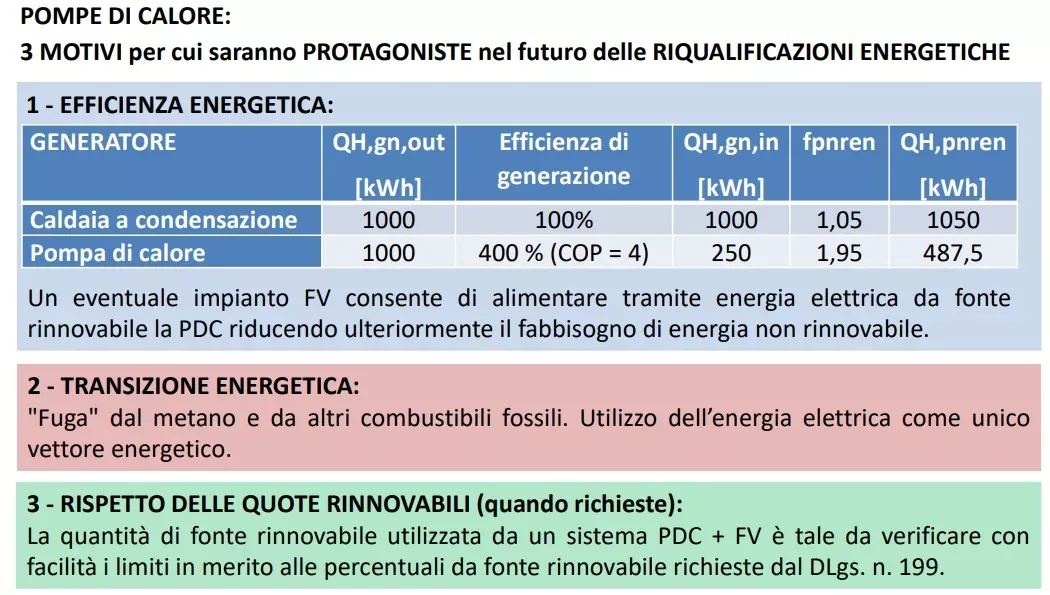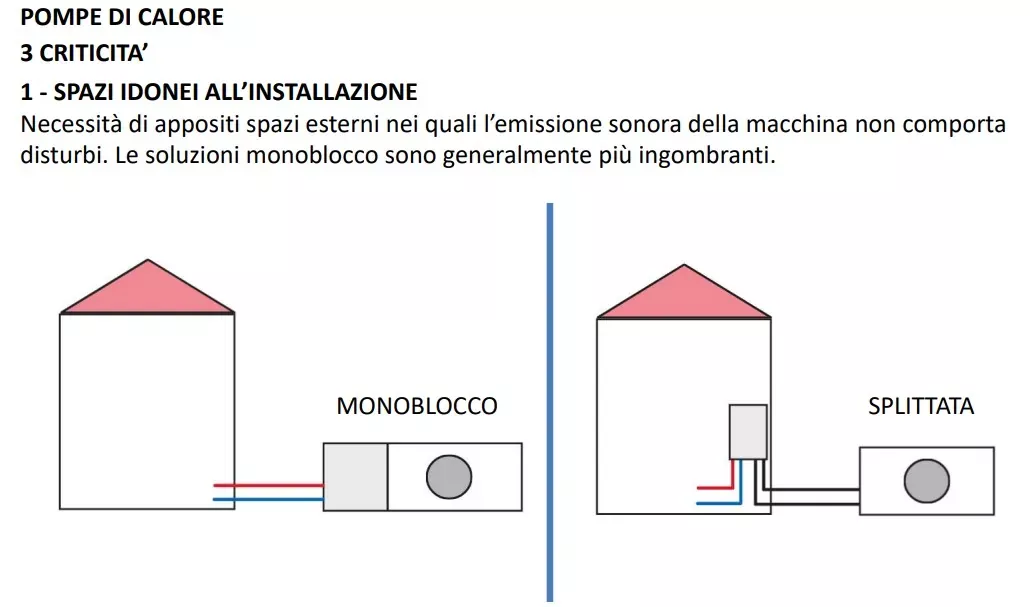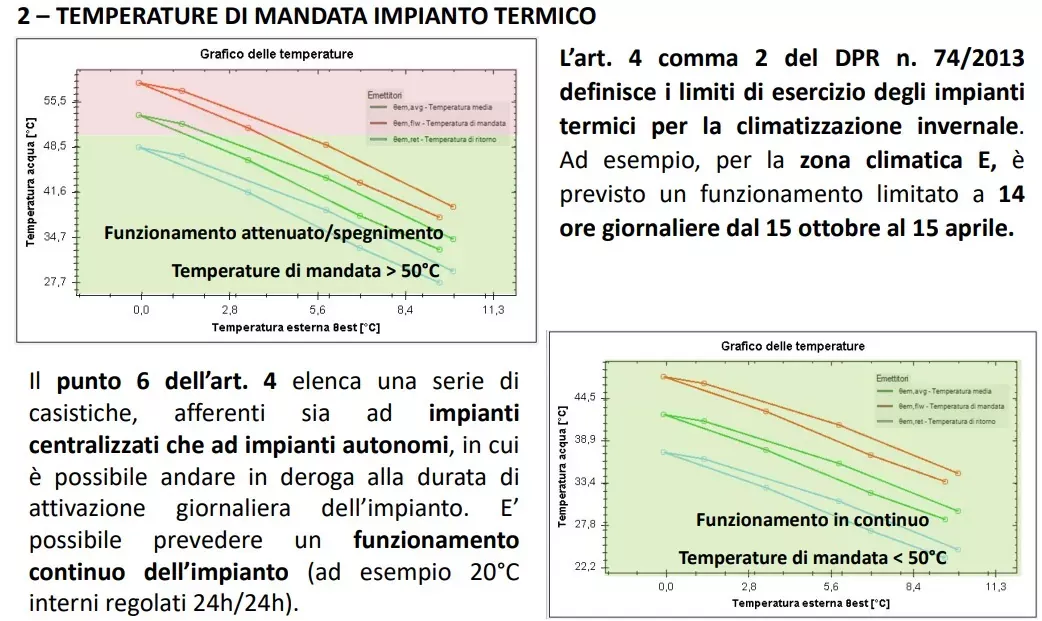heat pumps
Heat pumps are devices that are used for heating and cooling spaces by transferring thermal energy from one location to another. They work on the principle of extracting heat from a low-temperature source, such as the outdoor air or the ground, and transferring it to a higher-temperature location, such as the interior of a building.
Here's how a heat pump typically works:
-
Evaporation: The heat pump contains a refrigerant, a substance that can change from a gas to a liquid and vice versa at low temperatures. The refrigerant evaporates at low pressure and absorbs heat from the low-temperature source, such as the outdoor air or the ground.
-
Compression: The vaporized refrigerant is compressed by a compressor, which increases its temperature and pressure. This process requires energy input.
-
Condensation: The hot, pressurized refrigerant then flows to a condenser, where it releases heat to the higher-temperature location, such as the indoor air of a building. The refrigerant condenses back into a liquid state as it transfers its heat.
-
Expansion: The liquid refrigerant passes through an expansion valve, which reduces its pressure, causing it to cool down and evaporate again. This prepares it for the next cycle of absorbing heat.
By reversing the direction of the refrigerant flow, heat pumps can also provide cooling by extracting heat from indoor spaces and releasing it outdoors.
Heat pumps offer several advantages over traditional heating and cooling systems. They are highly efficient, as they move heat rather than generate it, resulting in lower energy consumption and reduced greenhouse gas emissions. They can be used for both residential and commercial applications and are particularly well-suited for moderate climates. In colder climates, additional heating sources may be required to supplement the heat pump during extremely cold periods.
Common types of heat pumps include air-source heat pumps (ASHPs), which extract heat from the outdoor air, and ground-source heat pumps (GSHPs), also known as geothermal heat pumps, which extract heat from the ground. There are also water-source heat pumps that extract heat from a water source, such as a lake or a well.
It's worth noting that while heat pumps are an efficient and environmentally friendly heating and cooling solution, they do require an upfront investment and proper installation to ensure optimal performance. Additionally, their effectiveness can vary based on factors such as climate, insulation, and the size of the space being heated or cooled.







